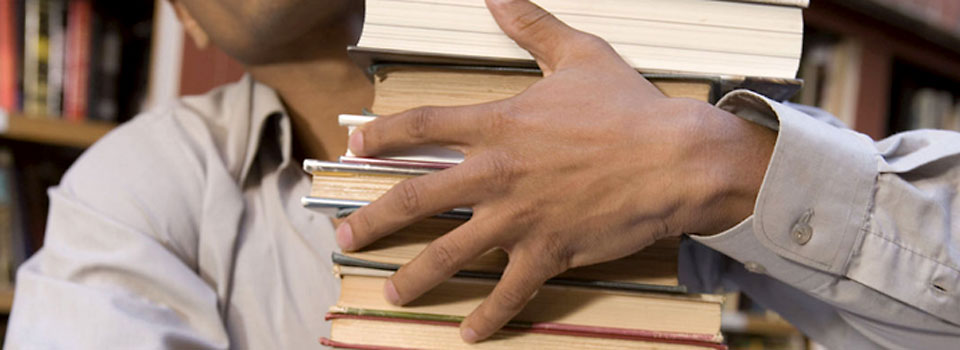There’s a condition rampant in graduate schools known as “ABD.” It usually affects students nearing the end of their doctoral studies, targeting the overworked, the uninspired and the unsure.
Carriers are easy to spot. They’re usually teaching assistants or young professionals who vaguely cancel plans, mumbling something about working on a project.
Diagnosis consists of one question: “Are you done with school?”
“All But Dissertation,” they reply.
JoBeth Allen, a professor in UGA’s College of Education Department of Language and Literacy Education, is as close to a faith healer as these students need. For the past six years, she’s led a group of graduate students to the wilderness for a week with the goal of helping them write. And write and write and write.
The retreat is a seven-day May term course in which about 15 graduate students from a wide range of disciplines, who have collected qualitative data, trek to Amicalola Falls State Park to get away from distractions and put their fingers to the keyboard.
“One of the things we saw was that after students collected all their data there was this question ‘What do I do now?’” Allen says. “The other impetus for us is that everybody-faculty, grad students, doctoral students-has trouble making time to write. So this was our solution.”
Under her guidance, students shrug off television, telephones and e-mail and turn their data into dissertation chapters and publishable articles. Students spend six to eight hours writing per day.
“I advise everyone to take a hike or something throughout the day,” Allen says. “It’s beautiful, and that’s really part of getting away to write. Everyone usually hikes the waterfall once while we’re at Amicalola.”
Each student has a 30 minute one-on-one writing conferences with Allen each day. They also have writing partners or groups for additional feedback.
It’s this pairing of nature and nurture that works to inspire and develop the students’ writing; there’s nowhere like the wilderness to grow.
“Most people get at least a draft of an article or a chapter done while they’re up there. And nobody thinks they can do it,” Allen says.
The effects of the course are apparent in its students. In interviews, they heaped praises upon their teacher, many giving Allen credit for their ability to finish their dissertations.
“She bridges a diverse community of junior researchers within a very short time. She crafts writers and spirits,” says doctoral student Rachelle Washington.
Language and literacy student Jeff Orr, who also took the course, says, “(Allen) really balances encouragement and critique with the expectation of quality writing and productive creation of text. There’s such a concentrated period of writing and thus a real need for what she does.”
Washington took the course twice. She’s almost done now, but with the realization that her need to write academically is not going to stop, she’s got some ideas for another program.
“I will graduate in May, and I wonder when there will be a similar retreat designed for those of us heading to university posts. Any ideas, Dr. Allen? I’m hopeful,” she says.


